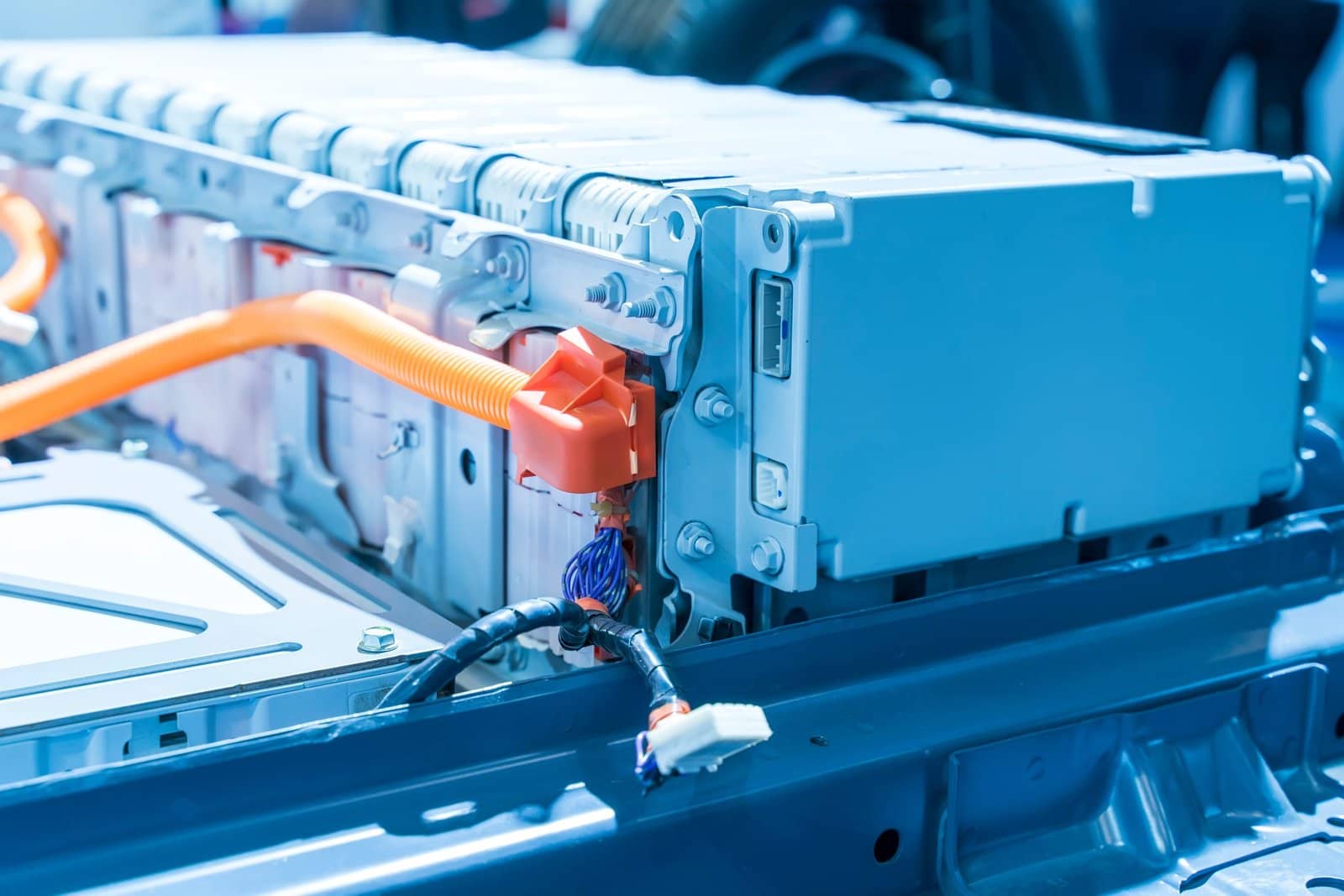Imagine storing heat in something as simple as sand — and using that heat to warm homes during icy winters. Sounds basic, right? Well, that’s exactly what a small town in Finland is doing. And it could completely change how we think about energy storage.
A Giant Battery Made of… Sand?
Yep. Finland just fired up the world’s biggest sand battery in the town of Pornainen. It might not look like much — just a giant metal silo filled with crushed soapstone — but what’s inside is pretty impressive.
Here’s the gist:
- The battery stores heat, not electricity.
- It uses cheap or leftover power (usually from wind or solar) to heat up the sand.
- That heat gets stored for weeks and can be used whenever it’s needed, like in the freezing winter.
It’s a smart, low-cost way to hold onto clean energy — and use it later to heat buildings.
Why Sand? Why Now?
It turns out, sand is a great material for storing heat. Especially when it’s crushed rock like the soapstone used here — which, fun fact, was basically scrap material from a fireplace company.
Why it works:
- It holds heat well — only about 10–15% of the heat gets lost over time.
- It gets seriously hot — up to 400°C when needed.
- It’s super cheap — way cheaper than lithium batteries.
- It’s easy to scale — just add more sand and a bigger silo.
So, instead of using expensive oil or burning tons of wood chips, the town can now tap into this big sand “heat bank” and keep homes warm — sustainably.
How It Helps the Town of Pornainen
This Finnish town is like many others in the north — it gets cold, and staying warm costs money.
Right now, the town uses:
- Oil to power its heating system (expensive and not so green).
- Wood chips for heating water (better, but still burns stuff).
But now with this sand battery:
- They’ll cut back 60% of their wood chip use.
- They can avoid relying on oil entirely.
- They’ll be able to store up to 1,000 megawatt-hours of heat — enough for a full week of heating.
The battery is hooked up to the grid, and it charges when electricity is cheapest. Finland’s grid is already clean — with 43% renewables and 26% nuclear — and it has some of the lowest power prices in Europe.
So yeah, it’s a win-win.
Sand vs Lithium Batteries — What’s the Difference?

Here’s a quick side-by-side to show why sand might be the smarter option (at least for heat):
| Feature | Sand Battery | Lithium-Ion Battery |
| Stores | Heat | Electricity |
| Cost per kWh (approx) | $25 or less | ~$115 |
| Lifespan | Long — no major wear | Limited — degrades over time |
| Use case | Heating buildings | Powering electronics/cars |
| Safety | No fire risk | Can overheat or catch fire |
So, for heating? Sand wins hands down.
The Bigger Picture: More Thermal Batteries on the Rise
Finland’s sand battery isn’t the only one out there. Thermal batteries are having a moment.
Here are a few other cool ideas:
- Sunamp (Scotland) is using the same salt used in salt-and-vinegar chips to store heat.
- Electrified Thermal Solutions has built bricks that can heat up to 2,000°C.
- Fourth Power uses graphite blocks that hold energy at an insane 2,400°C.
The idea is the same: use cheap, clean power now, and save the energy as heat for later.
Key Takeaways — Why This Matters
- Finland built the biggest sand battery in the world, and it’s working.
- It uses scrap soapstone to store heat cheaply and efficiently.
- It helps the town cut emissions and heating bills.
- Thermal storage could become a major player in the energy transition.
- It’s simple, scalable, and affordable — especially in colder countries.
Final Thoughts: A Low-Tech Idea with High Impact
This whole sand battery thing proves something big: we don’t always need flashy tech to fight climate change. Sometimes, a giant pile of hot sand in a silo can do the job — and do it really well.
As renewable energy keeps growing, the need to store it smartly becomes more important. Finland’s sand battery shows there’s a clean, cost-effective solution already working — and more towns around the world might follow their lead.
